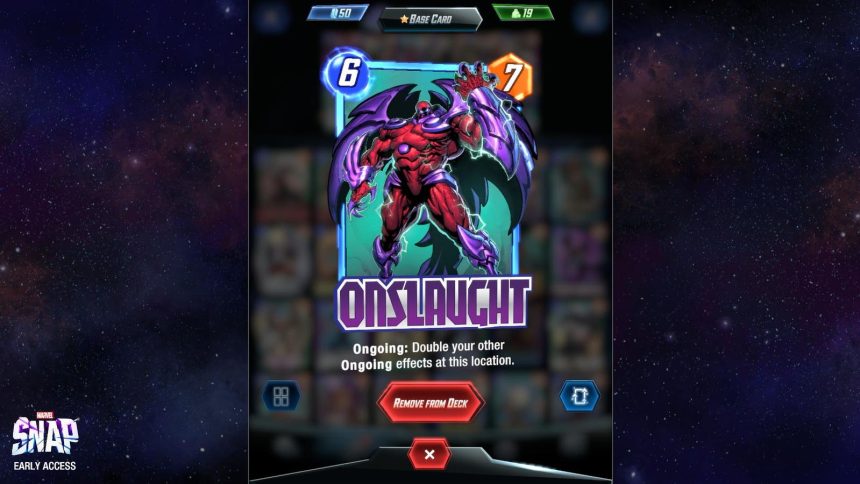The impending ban on TikTok in the United States has cast a wide net, ensnaring not just the popular social media app but also other applications under the umbrella of its parent company, ByteDance. This unexpected consequence has rippled through the digital landscape, reaching even into the realm of online gaming, specifically impacting the popular digital card game, Marvel Snap. While the focus remains firmly on TikTok’s uncertain future, the collateral damage to other apps, including Marvel Snap, deserves attention. The situation highlights the complex corporate structures and interwoven relationships within the tech industry and raises questions about the far-reaching implications of such sweeping bans.
The connection between Marvel Snap and ByteDance is not immediately apparent to most users. Developed by Second Dinner, a California-based studio, Marvel Snap seemingly operates independently. However, the puzzle pieces fall into place when we consider ByteDance’s former role as the game’s publisher. Although ByteDance reportedly divested from its gaming subsidiary, Nuverse, as part of a restructuring in 2023, the ties appear to remain sufficiently entangled to warrant Marvel Snap’s inclusion in the ban. This raises questions about the thoroughness of the divestment and the lingering connections that persist even after official separations. The ban’s impact on Marvel Snap, despite the supposed severance from ByteDance, underscores the complexities of corporate disentanglement and the potential for unforeseen consequences when dealing with interconnected digital ecosystems.
The message displayed to Marvel Snap players attempting to access the game mirrors the one shown to TikTok users, citing a US law banning the application. This identical messaging further solidifies the link between the two seemingly disparate apps and reinforces the notion that the ban targets ByteDance as a whole, rather than individual applications. Notably, the Marvel Snap message, unlike some versions of the TikTok message, omits any mention of former President Donald Trump, who is believed by ByteDance to be a potential key to reversing the ban. This discrepancy could suggest differing strategies for addressing the ban across ByteDance’s portfolio or simply reflect the varying levels of perceived influence Trump might have over the respective app markets.
The situation presents a peculiar predicament for Marvel Snap players, many of whom were likely unaware of ByteDance’s involvement with the game. The focus on Second Dinner as the face of Marvel Snap obscured the behind-the-scenes role of ByteDance. This lack of transparency underscores the often-hidden complexities of the gaming industry, where publishing deals and corporate ownership can be opaque to the average user. The sudden inaccessibility of the game, coupled with the potential loss of invested funds for players who have spent significant amounts on in-game purchases, adds another layer of complication. The uncertainty surrounding the ban’s duration and the potential for data retrieval further fuels player anxiety.
The broader implications of the ban extend beyond individual games like Marvel Snap. It highlights the potential for collateral damage when sweeping bans targeting large tech companies are enacted. While the focus remains on TikTok and its perceived national security risks, the impact on other seemingly unrelated apps and services demonstrates the interconnected nature of the digital world. The case of Marvel Snap serves as a microcosm of the larger issue, raising questions about the proportionality of such bans and the need for more nuanced approaches that minimize unintended consequences for users and developers.
While TikTok undoubtedly remains the central figure in this ongoing saga, the ripple effect felt by other ByteDance-affiliated apps, particularly Marvel Snap, cannot be ignored. The situation underscores the complex web of corporate relationships in the tech industry and the potential for unintended consequences when broad bans are implemented. The fate of Marvel Snap, seemingly caught in the crossfire, remains tied to that of TikTok. As the story unfolds, it serves as a cautionary tale about the interconnectedness of the digital world and the need for careful consideration of the far-reaching implications of such actions. The focus should not only be on the immediate target, but also on the potential collateral damage that can impact users and developers in seemingly unrelated sectors.



